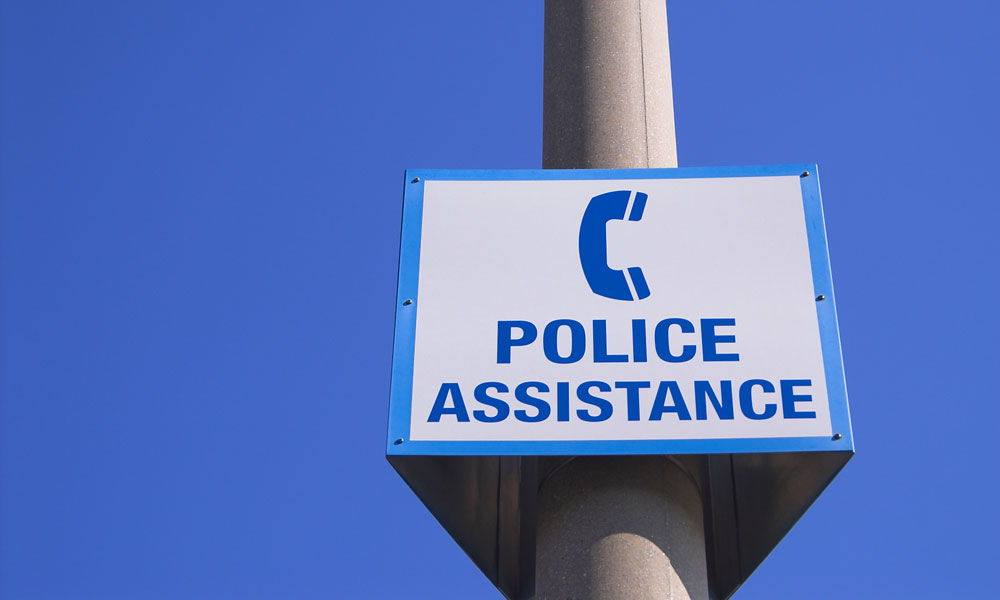
Campus Police Groups Work to Address Racial Profiling Issues
College campuses nationwide have become hotbeds of protests against racial profiling and use of excessive force by police—but campus law enforcement associations have worked to show that they're taking the issue seriously.
With the attention focused on killings of unarmed black men by police, U.S. colleges and universities have become major sites for protests. As a result, questions of racial profiling resonate especially acutely in the academic world.
And often, campus police departments find themselves in the middle, keeping watch over the protests, even as they represent a version of what the protests are about.
In recent weeks, demonstrations have occurred at Ohio State University, the University of California-Berkeley, Brigham Young University, and Dartmouth College, drawing professors as well as students.
“The old adage is true—when you’ve got a hammer, everything looks like a nail,” Dartmouth professor Alexis Jetter, who spoke at a protest at the college, told the student newspaper. “We need to return to the idea that police officers are there to restore the peace and protect people, sometimes from themselves.”
The protests have at times placed campus police associations at odds with their school’s administrators. Last month, Eric Rohrback, president of the Penn Police Association/University of Pennsylvania Fraternal Order of Police Lodge #113, publicly criticized university President Amy Gutmann for taking part in a “die-in” protest.
“To have her participate in such a disrespectful act is not, in any way, ‘support,’ and proves that she does not have the backs of ‘her’ officers,” Rohrback wrote in a guest column in The Daily Pennsylvanian. “It is a slap in the face to every person that wears this uniform and serves this university.”
Taking a Proactive Stance
One group for campus police departments, the International Association of Campus Law Enforcement Administrators (IACLEA), has worked to boost awareness around bias issues. In 2012, it rolled out a voluntary accreditation program for member schools that requires accredited institutions to have written directives preventing officers from relying on “bias-based enforcement activity”—using race, gender, ethnicity, or other similar issues as a factor in enforcement.
“An important component of successful campus public safety is an agency’s ability to provide an equal and professional delivery of services to a wide spectrum of people on campus,” the accreditation document states [PDF]. “Disparate treatment, whether through traditional law enforcement activities or the enforcement of institutional rules and regulations, must be addressed by the agency’s management.”
A Chronicle of Higher Education report noted that while only a handful of schools have gained accreditation—18 through IACLEA’s voluntary program and another 23 through a joint effort with the Commission on Accreditation of Law Enforcement Agencies—the programs reflect an effort by campus police agencies to stay in front of bias-related issues, as race and other similar debates tend to come up more often in academic environments.
In a similar vein, IACLEA recently launched a webinar program preparing police to wear body cameras, which advocates see as a way to keep officers honest. Furman University Chief of Police Tom Saccenti, who helped put together the program, said that such devices have a positive effect on both officers and the people they come in contact with.
“It is accountability for both sides,” Saccenti told the Chronicle. “The officer knows he is being recorded, but you can clearly see that there is a camera on the police officer. We have seen a change in behavior in a lot of people who we talk to because they know they are on a recording.”
(Hemera/Thinkstock)






Comments